How to Become a Successful Actor from Commercial Agent, Ashley Partington
Ashley Partington’s insights showcase how her agency, Arise Talent Agency is adapting to the modern entertainment landscape while maintaining a focus on personal relationships and client advocacy.
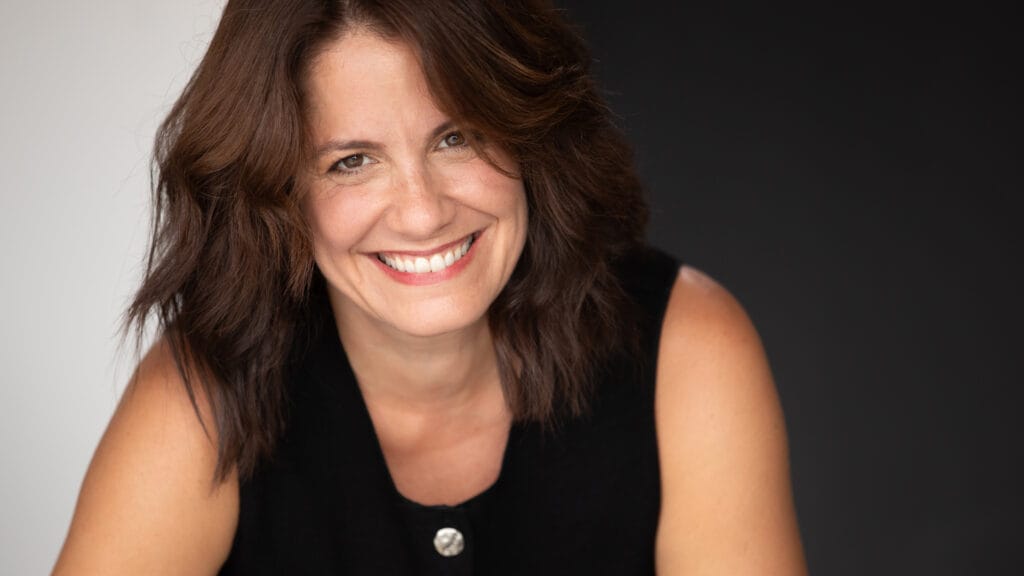
What do Drew Barrymore, Steve Carell, Bryan Cranston, Leonardo DiCaprio and Courteney Cox have in common? They started their career starring in commercials. Six years before Friends debuted and went on to become one of most-watched television shows of all time, Matt LeBlanc starred in a 7UP Commercial.
Commercials, and television advertisements have been on air for over 80 years and while traditional television has dropped in popularity, platforms like YouTube and streaming services like Amazon Prime continue to use commercials as a way to connect with their audience. In 2022 alone, commercials generated over $ 170 billion in revenue and continues to grow.
For actors, commercials are often great places to gain experience in front of the camera. It’s no surprise that some of the biggest names in Hollywood started in commercials and continue to appear on our screens to this day.
While it’s easy to identify Daniel Radcliffe as an actor best known for his role as Harry Potter or Rainn Wilson as the iconic ‘Dwight Schrute’ in NBC sitcom The Office. Actors like Kevin Miles are better known for their roles in commercials, as Miles best known as ‘Jake from State Farm’ or Stephanie Courtney as ‘Flo’ in commercials for ‘Progressive Corporation’.
Commercials are viewed by millions and when we think of the most famous commercials – we look at the Super Bowl where each year over 100 million people witness America’s favorite. At Super Bowl XVIII in 1984, Apple debuted their ‘1984’ commercial which even after 40 years is being referenced by other popular media including Fortnite – a popular video game played by millions of GenZ and younger audiences.
But why should actors care about commercials? Especially when other mediums like movies, streaming services and even reality shows can offer more instant gratification for those seeking fame. We sat down with Ashley Partington, who is the Head of Commercials & Endorsements in Los Angeles at Arise Artists Agency to talk about the impact of commercials and how the industry is evolving faster than ever before.
Ashley Partington has acted as an agent for over 15 years, specializing in commercials and working with triple AAA talent across the United States. Her work includes experience with A3 Artists Agency, LA Talent, and Abrams Artists Agency and is considered one of the best voices in the commercial industry.
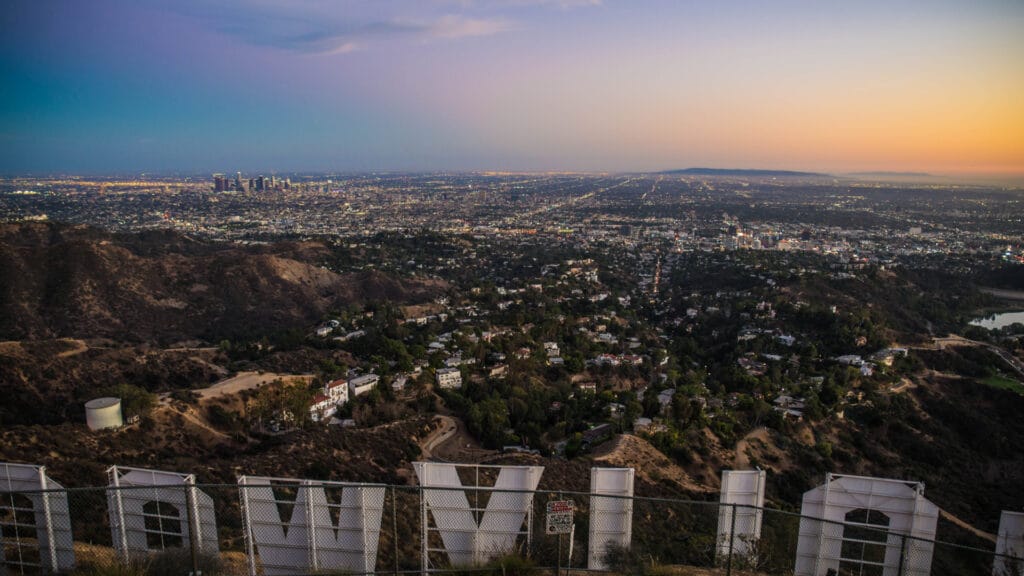
The past five years, the industry has seen the largest impact due to a global pandemic and recent labor strikes but Partington shares,
“The entertainment industry has shown its resilience in the past but as the industry enters 2025, we’re seeing an explosion of new talent, rapid agency growth, and increased content production for streaming platforms have led to reevaluation across the industry.” – Ashley Parting ton
Despite these changes, Partington shares that her approach to representing clients hasn’t fundamentally changed as they continue to prioritize open communication and support during difficult times.
“Constant Communication and transparency with our clients, especially during uncertain times like the pandemic and strikes is the most important thing an agent looks for” – Ashley Partington
“Commercial acting is a great way for new actors to jumpstart their careers. Having the opportunity to gain on-camera experience can be invaluable. In Los Angeles, the connections you can make on a commercial set can be transcendent versus other mediums. Commercials operating under a SAG-AFTRA contract also allows opportunities to get your SAG card” – Ashley Partington
Traditional television shows or feature films may require multiple auditions or a thorough casting process – commercials typically are cast from open auditions.
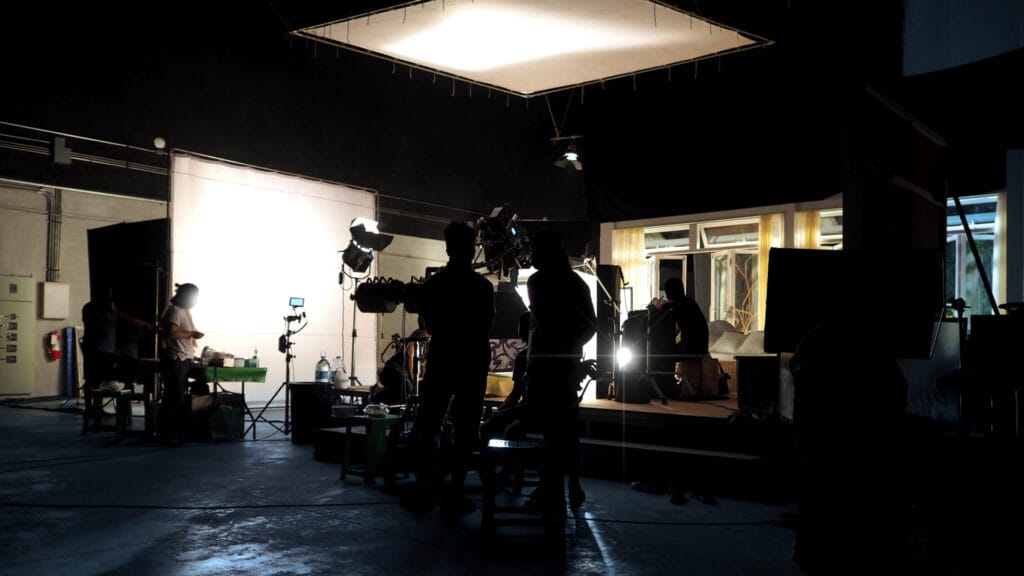
For actors without representation, this means more opportunities to practice your craft. For seasoned actors, this allows for quicker production turnarounds. While a show may require 6-8 weeks from auditioning to being on set, a commercial may audition and start production within days.
Partington shares the differences between union and nonunion commercial work for actors.
“Over the years, the prevalence of nonunion work has grown, even though union work is still desirable due to its benefits, such as health and pension. While nonunion work can be tempting for starting actors, it often comes with less favorable terms. We also recommend to seek agents who handle both union and nonunion jobs to build a balanced career trajectory”

How much do actors get paid for commercial work?
Nonunion commercial work has various compensation levels and are reliant on the producer, director or ad agency business affairs department to share these benchmarks. For SAG-AFTRA commercials, they’ve shared the following:
Class A, Cable, and Wild: $783.10 on-camera or $588.90 off-camera (voiceover)
All Other North American Linear Use. This is a catch-all label that accommodates all spots that air in more limited markets than covered elsewhere. It brings the former ‘Class B’, ‘Class ‘C’ and ‘Unwired Networks’ under one umbrella.
For SAG-AFTRA commercial contracts, they require that producers pay session rates for commercials instead of weekly or day rates. Packages are categorized by ‘Class A’, ‘Class B’, ‘Class C’, ‘Cable’ or ‘Wild’. Depending on the usage of the commercials, talent can expect different rates. Class A means commercials that air in more than 20 cities and commercials that run on cable channels.
‘Class B’ is for commercials that air in 6-20 cities. ‘Class C’ is for commercials airing in less than six cities. Cable indicates that commercials are broadcast on cable networks and ‘Wildspot’ is a term used for commercials that do not air on interconnected stations and do not sponsor a program.
Time is bought on individual stations in individual markets or cities. Each market/city is assigned a unit value based on the number of television households and the performer is paid for all units of use within a 13-week cycle.
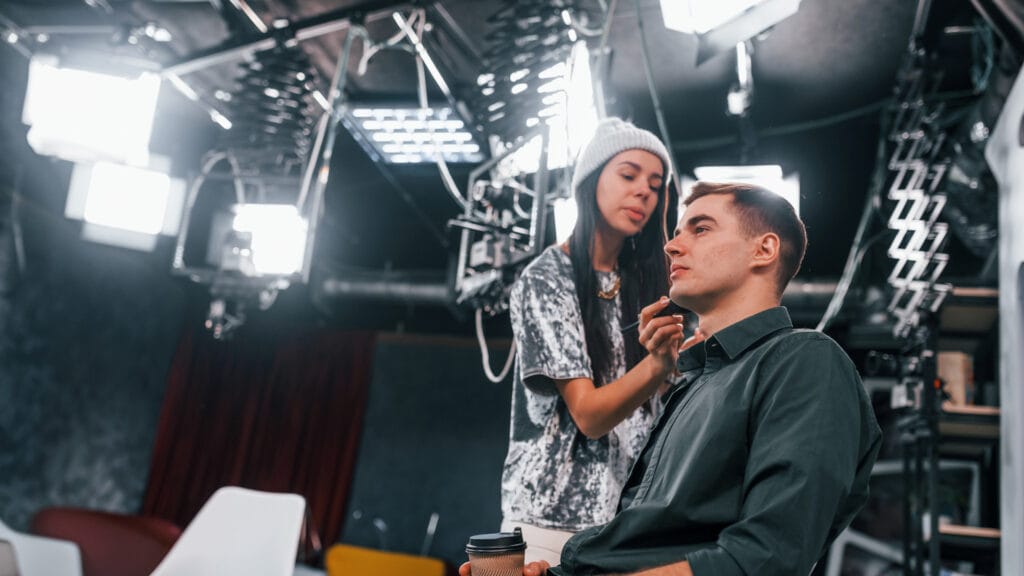
How important is social media for actors in commercials?
Actors in commercials get the opportunity to represent their client’s brands. In most of these cases, the actor is required to transform into a character that is best suited for the product or service they’re acting in. This trust requires brands to review all candidates’ social media profiles before hiring.
This means, actors should be mindful of what they share on social media. Brands want viewers to engage with their products and not get distracted by an actor’s social media identity. In some cases, a social media following can lead to influencer-specific opportunities which are separate to traditional commercial productions.
How has celebrity endorsements affected commercials?
With the rise of social media, brands have used celebrities to act as brand ambassadors requiring them to star in commercials or promote their products across social media. These types of promotions scale past traditional celebrities (we’re talking about Tom Hanks and Taylor Swift) as online influencers have risen in popularity for brands.
The global influencer marketing market value stood at 21.1 billion U.S. dollars as of 2023, having more than tripled since 2019 (source). Partington shares the impact influencers have had to actors seeking commercial work.
“While influencer marketing became prominent over the past decade, actors have not lost many jobs to influencers, as there is a significant difference between creating personal content and performing in a directed commercial.”
“Though social media followers can influence digital-only campaigns, casting decisions for traditional roles are still based more on acting talent. The importance of maintaining a professional online presence is important, as brands thoroughly vet candidates’ social media profiles before hiring”
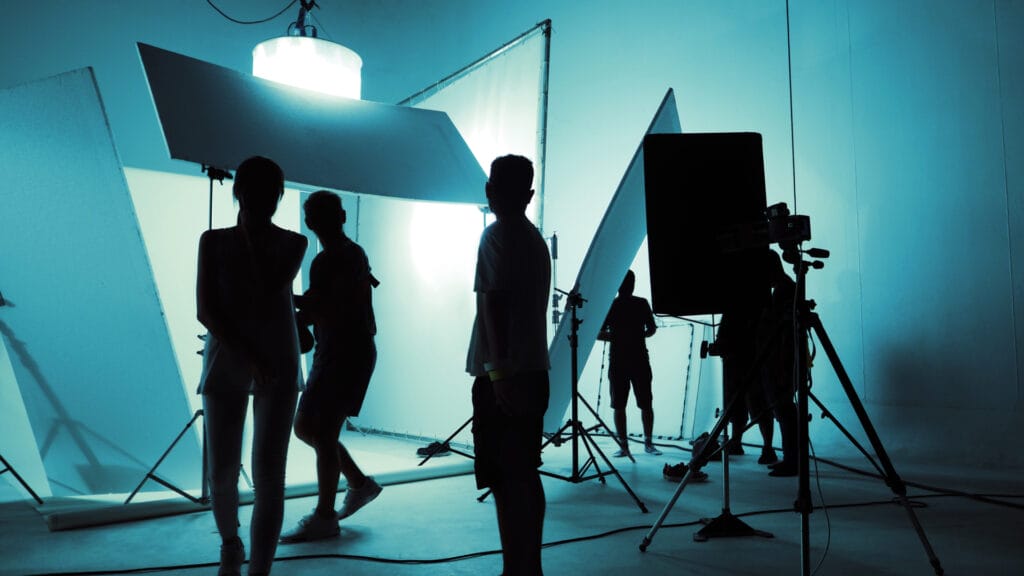
How can I get into commercial acting?
Commercials are like other mediums, where casting calls are typically posted followed by a virtual or in-person session to cast the role. While commercials may only require talent to be on set for a single day or at most a week – we asked Partington about what actors can expect in the casting process.
“Auditioning for a commercial is similar to auditioning for other mediums like films or streaming services. You prep the audition, just as you would for film or television. However, the biggest difference is that you only have a few lines of prepared sides or improv to capture the feeling of the spot and character. Also, most commercial auditions are happening in the room again, which is a great way to build relationships with casting. “
The role of an agent is still very relevant for actors who focus on commercial work. Agents use their relationships with casting to help actors get into the audition rooms, and help navigate tricky contracts and advise on the proper tools and classes to be successful.
“Prior to 2020, most relationships were built over phone calls or in-person with casting directors, agents and the talent. Today, however, much of the communication has shifted to digital platforms.
“This impacts how we communicate with one another and how our talent can access new roles. In 2024, finding roles has expanded with services like Casting Workbook where roles are accessible to both agents and the talent. We recommend you review the platform and casting call carefully as the terms can be tricky and with the increase in technology – it’s allowed more non-union related work to appear. Non-union work can be good for talent, particularly as they’re starting out but we recommend reviewing the pay rate, production, and expectation for these types of roles.”
Ashley Partington advises aspiring actors to find agents who can navigate both union and nonunion opportunities to build sustainable careers.
It’s important to foster personal relationships with casting directors and other industry professionals, which is more challenging in today’s digital world. Even with technology, personal relationships are key to successful negotiations and actor representation.
Ashley Partington’s insights showcase how her agency, Arise Talent Agency is adapting to the modern entertainment landscape while maintaining a focus on personal relationships and client advocacy. Through thoughtful approaches to talent management, global partnerships, and evolving industry dynamics, Partington continues to position Arise Talent Agency as a forward-thinking agency amidst significant industry changes.


